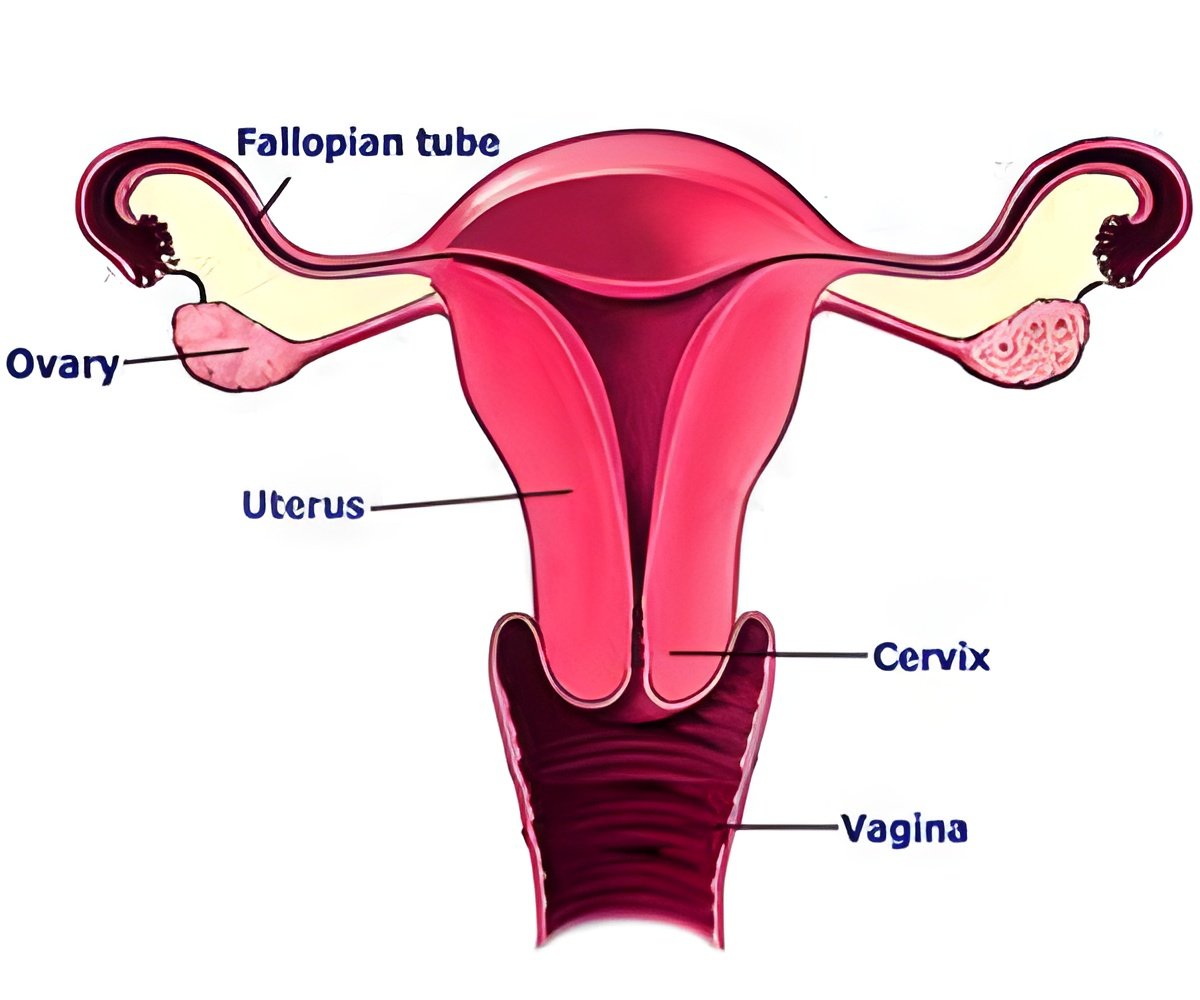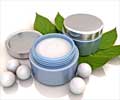Low dose vaginal estrogen tablet, vaginal moisturizer and vaginal gel used as a placebo were able to reduce symptoms in postmenopausal women.

‘Low dose vaginal estrogen tablet, vaginal moisturizer and vaginal gel used as a placebo were found to improve vaginal discomfort in postmenopausal women.’





The authors, from seven research centers across the country, note that symptoms such as vaginal dryness, itching and pain during sexual intercourse affect around half of postmenopausal women and can have negative quality-of-life effects similar to those of chronic conditions like arthritis or irritable bowel syndrome. But more than half of affected women use no medical treatments. Available nonprescription products, such as vaginal lubricants and moisturizers, can be messy; and prescription hormonal treatments in the form of creams, vaginal tablets and oral pills can be expensive and may raise concerns about safety. The current study was designed to assess the effectiveness of the two most commonly recommended treatments - low-dose estrogen vaginal tablets and a nonhormonal vaginal moisturizer. At two clinical research sites - Kaiser Permanente Washington Health Research Institute in Seattle and the University of Minnesota in Minneapolis - the study enrolled 302 women, most between the ages of 55 and 64, who reported moderate to severe symptoms of vaginal itching, dryness, irritation or pain with sexual activity. Participants were randomly divided into three groups -- one receiving a low-dose vaginal estrogen tablet and a placebo vaginal gel, one receiving a placebo vaginal tablet and the nonprescription vaginal moisturizer, and one receiving both placebo tablets and placebo gel. Participants were instructed to administer the vaginal tablet once a day for 2 weeks and then twice a week for the remaining 10 weeks of the study period. The moisturizing gels were to be applied every three days throughout the study period. Neither participants nor study staff knew to which group individual participants were assigned.
At the end of the study period all three groups had similar decreases in the severity of their most bothersome symptom. A similar proportion of women in each group had at least a 50 percent decrease in overall symptom severity, which probably represents a clinically noticeable improvement. Improvement in sexual function and overall treatment satisfaction were also similar across all three groups. There was a significantly higher positive response to the question, "Did you have a meaningful benefit from the treatment?" among those receiving the vaginal estrogen tablet than among those receiving the two placebos. Mitchell notes that, while most studies of treatments for vaginal discomfort show a significant placebo effect, the size of the response to placebo treatments in this trial was surprising. "It's hard to say whether the properties of the placebo gel itself, which is an excellent lubricant, are responsible, but our results suggest that regular use of any one of these products may be helpful," she says. "During the 12 weeks of the trial, more than 90 percent of women used the medication regularly, but prior studies suggest that many women do not continue use of this type of treatment beyond 6 months. A remaining question is whether women find the benefits of the treatment worthwhile enough to continue regular use." Mitchell is an assistant professor of Obstetrics, Gynecology and Reproductive Biology at Harvard Medical School.
Source-Eurekalert















